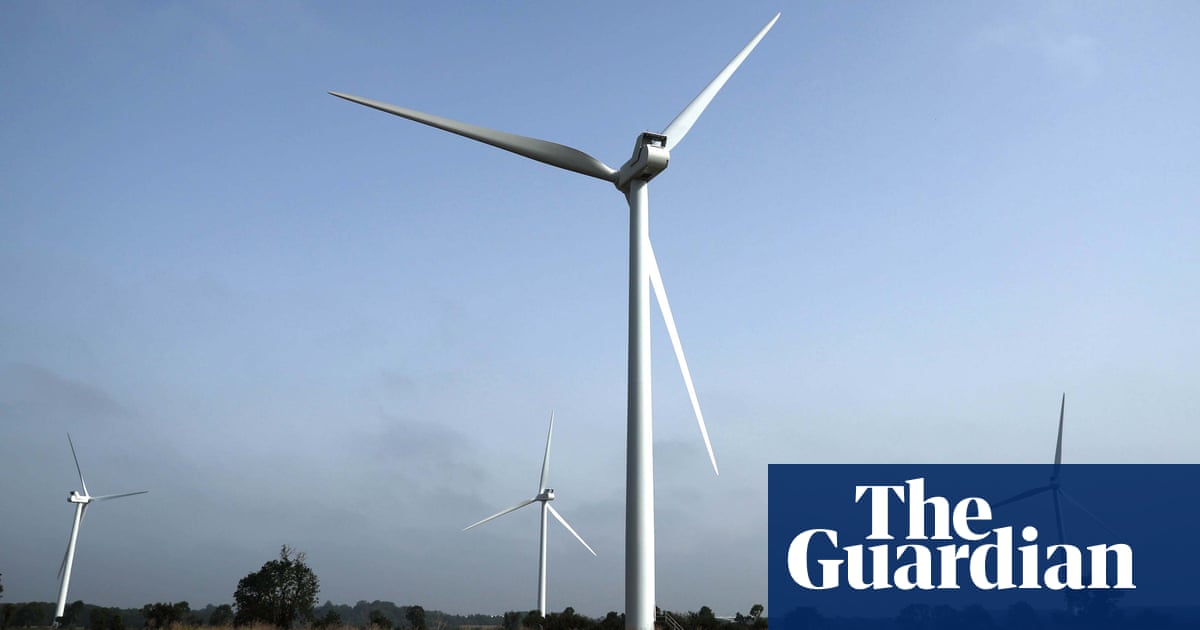
FRANKFURT (Reuters) - Cutting planet-warming emissions to “net zero” by 2050 could lift growth and employment but would require an inflation-boosting $160 per tonne carbon price by the end of the decade, an umbrella group of the world’s top central banks said on Monday.
Facing calls for action with their vast financial firepower, central banks are now contemplating policy options to fight climate change and rely on deep analysis from their Network for Greening the Financial System (NGFS) to aid their deliberations.
In an update to their economic scenarios, the NGFS concluded that only a relatively quick and orderly transition to a low carbon economy would add to growth while a delayed transition or no action would cut deep into the economy.
“If these changes occur in an orderly fashion, the scenarios suggest that it could lead to some increase in global GDP, and lower unemployment relative to prior trends,” the NGFS said.
“If the transition fails, analysis from the NGFS scenarios suggest that up to 13% of global GDP would be at risk by the end of the century, even before accounting for the potential consequences of severe weather events,” it added.
But to get to net zero by 2050, a $160 per tonne carbon price -- or equivalent “shadow price” -- would need to be steadily introduced by the end of the decade, which will push up inflation and also raise unemployment in some countries with energy-intensive industries.
Currently about a fifth of the world’s greenhouse gas emissions are covered by a carbon price, according to the World Bank, and Europe’s carbon price, a key benchmark, is only about a third of the figure advocated in Monday’s report.
The $160 per tonne figure is also higher than discussed by some experts.
“Long‑term interest rates tend to increase in the transition scenarios, reflecting the inflationary pressure created by carbon prices, as well as the increased investment demand that the transition spurs on,” the report added.
Although delayed action would keep long-term interest rates muted over the next decade, they would likely rise sharply over the following decades, outpacing the increase under the net-zero scenario, the report concluded.
Reporting by Balazs Koranyi; Editing by Andrea Ricci
Our Standards: The Thomson Reuters Trust Principles.












